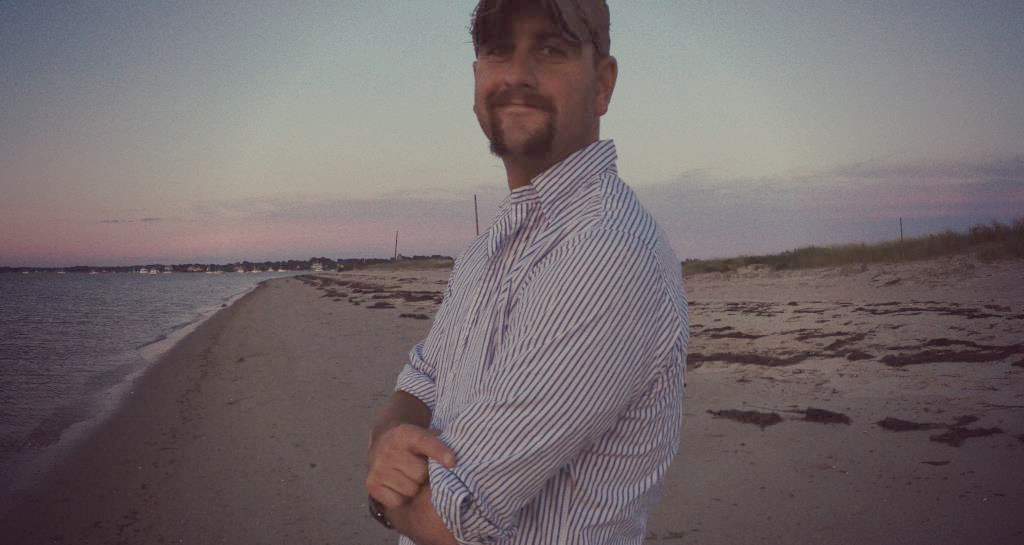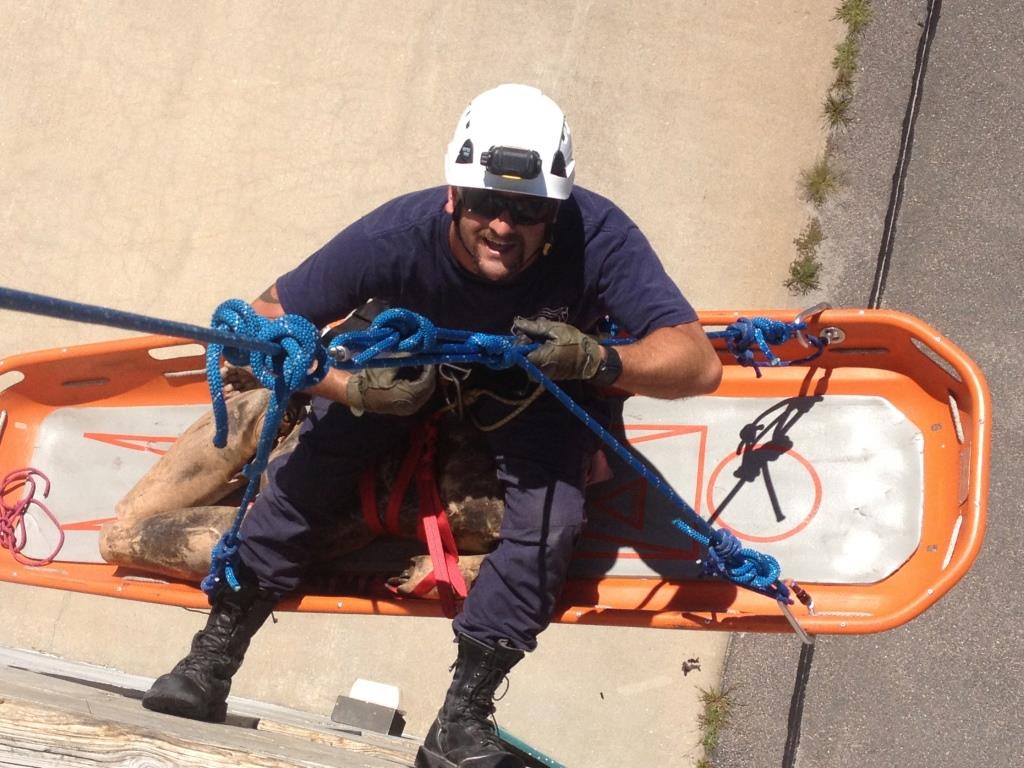Tim Amidon is an assistant professor in English at Colorado State University where he teaches courses designed to explore the intersections between rhetoric, composing, and multimodal literacies. His research interests surround the intersections of digital rhetorics, working-class literacies, economies of production, and technical communication.
Why is it important to study the Humanities?
I study rhetoric, which I consider a humanistic discipline. I was taught a critical version of rhetorical theory. It helps you understand and unpack certain things in life, but there is also an action component of rhetoric that is equally important. I think of it as a social justice side of rhetoric that works to impact change. To some extent this idea comes from Marx who said, “The philosophers have only interpreted the world in various ways, the point is to change it.” In this way, I think rhetoric works to broaden certain democratic practices and spirit in society. Rhetoric should work to create spaces and invitations for people to speak. It’s important in a democratic society to listen for voices who have been silenced and give them the platform to voice their perspectives, and use those perspectives to incite positive change.
Rhetoric should work to create spaces and invitations for people to speak.
What else are you doing other than teaching?
There is a lot I am working on at the present moment. I am really interested at looking at the relationships between people’s positions and their access to tools in discourse. A lot of my work and thinking is heavily influenced by professional and technical communication. I look at how working class folks communicate and communicate risk in their workplace environments. For this approach, we need to look beyond discursive texts and towards other rhetorical practices they are engaging in. This research involves looking at practices at are rhetorical in nature, and looking at how blue-collar workers utilize these practices to create and construct knowledge. One of my projects involves observing firefighters and applying a broader methodology to their practices that are rhetorical in nature. I’m really passionate about this work because there are really broad implications to the kind of rhetorical practices firefighters use. My research looks at the ways in which they communicate workplace risks, such as training practices, which are inherently dangerous, and looking for ways to improve their communicative practices to create a safer work environment.

What classes are you teaching this semester?
I am teaching CO301C: Writing in the Social Sciences. I am also teaching CO302: Writing in Online Environments. And next semester I am teaching CO402: Advanced Writing in Online Environments. CO402 is a completely new course in which we will be looking coding and multimodal writing. It’s going to be a lot of fun.
A lot of the courses I teach look at rhetorical practices beyond analog writing and publishing, and apply the same principles to situations that people may not see as rhetorical.
What brought you to CSU?
I love the people here, and geographically Colorado is so beautiful. I think Fort Collins is such a cool place. There is so much going on here from craft breweries, to the biking and outdoor culture. I also like that Fort Collins is a college town, with so many young people who are doing really neat things and creating new ideas. It’s really inspiring. So when I was invited to come teach and do research here, it was a really easy decision to make.
Where were you before coming to CSU?
I was a graduate student teaching assistant at the University of Rhode Island. Before that I was working as a lecturer for the Coast Guard. I have also worked as an adjunct at the University of Connecticut at Avery Point. I also taught at Indiana Purdue at Fort Wayne as a graduate assistant.
What has had the greatest impact of your choice to be a rhetorical scholar?
In my undergraduate career, I doubled majored in English and Political Science, and I see rhetoric as a field that exists between those two subjects. I really care about social justice and ethical practices, and looking at how language can make tangible impacts. It was a really easy decision to make considering my educational background. I see rhetoric as a tool to help influence positive social change and help shape our world. I have always been passionate about those ideas.
I see rhetoric as a tool to help influence positive social change and help shape our world.
What are you reading?
I am reading a lot right now. A lot of the books I am reading are for my research, so I am reading a book about risk communication and better understanding that conversation. I am reading manuals about coding and programming language, which will help me teach CO402 next semester. There are a lot of conceptual ideas that I’m working through at the moment.
What don’t your colleagues know about you?
People might not know that I was a pretty avid surfer, and had been doing it for a long time. I also worked as a firefighter and was really invested in that career.
When you aren’t working what are you doing?
I used to surf a lot, but obviously I can’t do a lot of that in Colorado, so I have been mountain biking and trying different things.
My wife and I have a four month old son named Cole, so I’m spending a lot of time with him and learning how to be a dad. I’m watching how he is learning and really trying to be a great parent.


